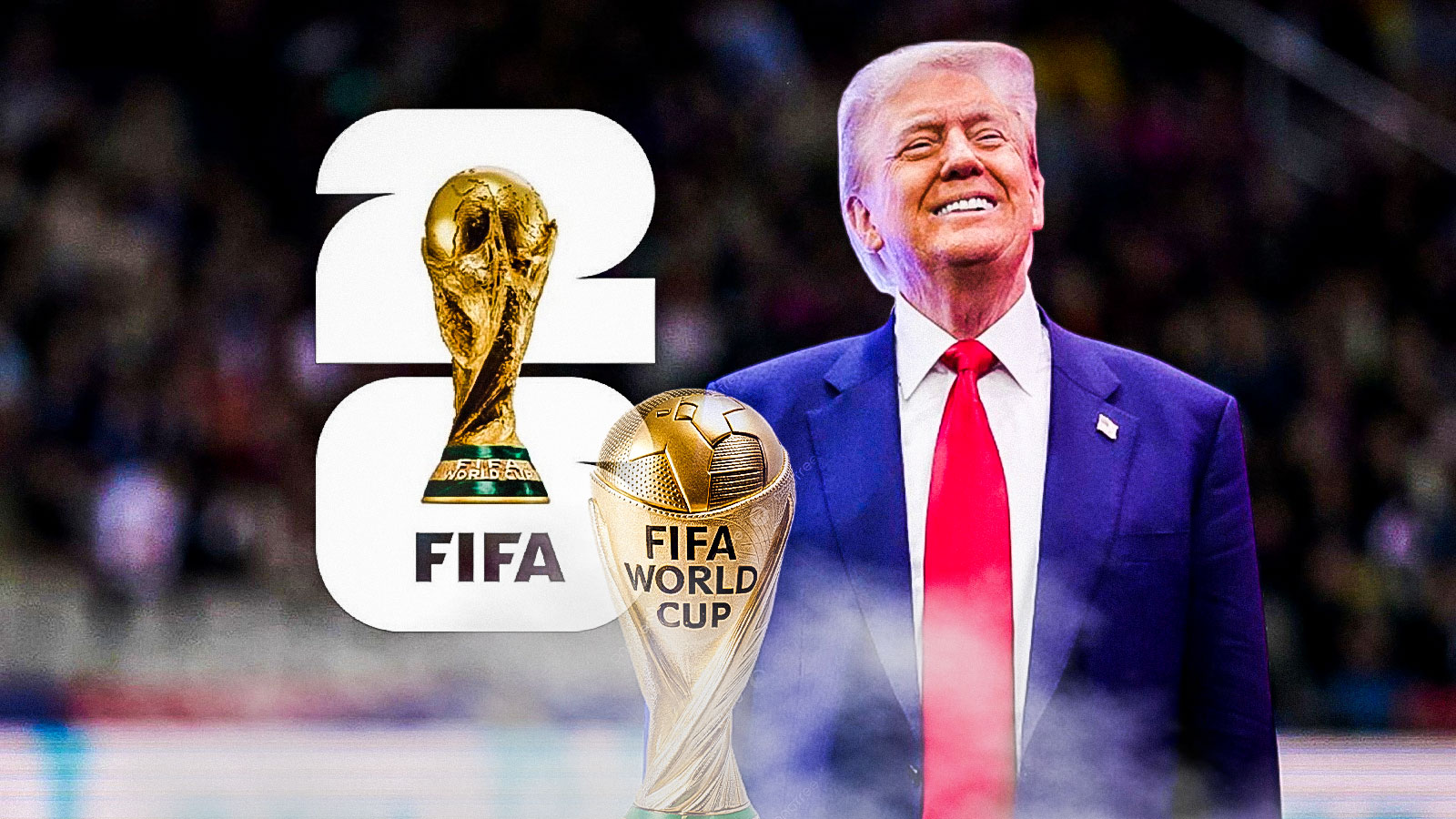Wayne Rooney's managerial journey at Birmingham City has abruptly concluded, leaving a trail of disappointment and unmet expectations. The swift exit contrasts his fiery demeanor as a player, showcasing a managerial approach that fell short during his brief 15-game tenure.
Rooney's management style, noticeably different from his famed intensity on the field, lacked the commanding presence to galvanize the team effectively. Despite his illustrious playing career, the leadership transition saw him adopt a notably softer approach, opting for calmness over the fiery passion that defined his playing days.
The former England captain's stint was marred by challenges and setbacks, epitomized by Birmingham's struggle on the pitch. The promise of an attacking, front-foot style failed to materialize, with the team's performance deteriorating and landing them amid a relegation battle.
Criticism surfaced regarding Rooney's failure to assert his authority and make a discernible impact on team dynamics. His coaching approach, seemingly needing more focus on team structure and playing patterns, raised concerns among players and staff. Moreover, his reluctance to confront issues or enforce discipline, evident in the absence of fines for minor infractions, contributed to a perceived laxity within the team environment.
The departure of experienced figures like Scott Hogan without transparent communication added to the growing discontent within the squad. Rooney's departure was seemingly anticipated, culminating in his sacking, leaving Birmingham again on the hunt for a new manager.
As Birmingham seeks stability amidst the managerial turmoil, the spotlight shifts to Rooney's future endeavors. The former star once heralded as a potential manager, faces scrutiny regarding his managerial ambitions and adaptability following an unremarkable spell at St Andrew's that concluded in a relegation dogfight rather than the anticipated promotion charge.




















